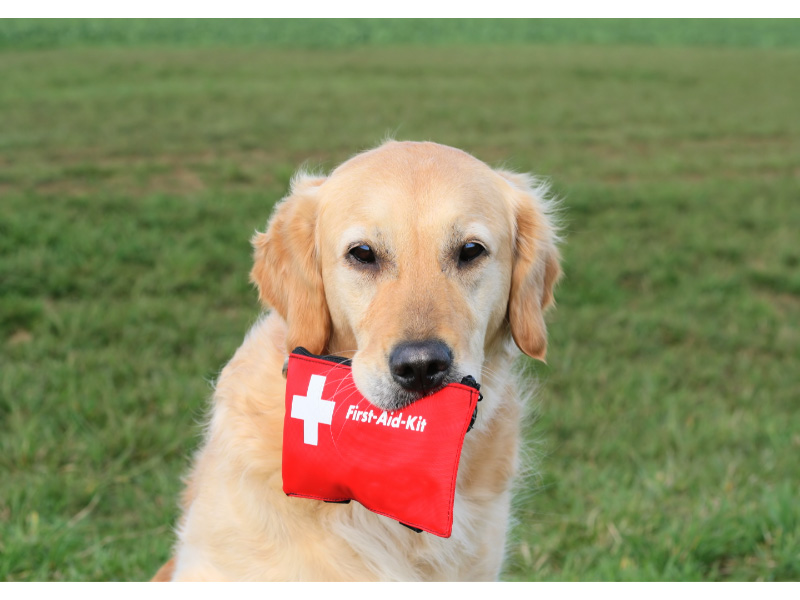
SAVE AN EXTRA $5 - $20 OFFUse code PETS in cart (Exclusions apply)

Save 40% with first AutoShipUse code NEW40 (Up to $40 max. Exclusions apply)

While efforts are made to answer all questions as quickly as possible, if an immediate answer is required or if your pet is in need of urgent or emergency care, contact your pet's veterinarian immediately.

You will receive an answer from Dr. Lindsay and our vet/tech team as soon as possible, usually the same day.
All answers are provided for informational or educational purposes only, and are intended to be a supplement to, and not a substitute for, the expertise and professional judgment of your pet's veterinarian.
It may be necessary to consult your pet's veterinarian regarding the applicability of any opinions or recommendations with respect to your pet's symptoms or medical condition.
Close
An error has occurred, please reload the page and try again.
Close
While efforts are made to answer all questions as quickly as possible, if an immediate answer is required or if your pet is in need of urgent or emergency care, contact your pet's veterinarian immediately.
There is no answer related to your question

Learn common causes of pet emergencies and ways to be prepared
This month marks National Animal Safety and Protection Month and 1800PetMeds offers up this handy infographic that highlights facts about pet injuries and vet visits, as well as tips for responding to a pet emergency. While many of us will dodge the dreadful experience of an animal trauma during our pet's lifetime, it's important to know about the potential dangers pets encounter, and to be prepared in the event of a pet accident.
In fact, pet owners can reduce accident-related casualties by learning what to do if a cat or dog:
If you haven't done so already, it's time to put together a pet first aid kit and learn pet CPR. Take a moment to review this infographic and please help raise awareness of Pet First Aid by sharing what you learn with fellow pet owners, for the sake of our beloved animal companions. Let's work together to keep our pets out of danger and in our arms, where they belong.
Recommended First Aid Kit contents
At PetMeds® we understand how much you love your pet and how much importance you place on keeping it safe from harm. We understand because we feel the very same way about our own special pets. Even the most vigilant pet owners, however, happen upon the occasional accident and must be prepared to respond with proper care. By learning pet CPR and assembling a complete first aid kit in advance of pet emergencies, we can do so much more to prevent a disastrous outcome.
In addition to a medical kit, be sure to keep on hand other items you might need for transporting your pet to an emergency hospital, including a blanket, a pet leash and a cat and/or dog carrier. Depending on the size or age of your animal, you may also wish to possess a pet safety harnesses or a pet car seat, which will help stabilize your pet safely during transport. You will most likely not have the time to scramble for these items in a state of panic when an unexpected trauma occurs, so remain aware at all times of where your emergency pet supplies can be found. Store everything you might need in a convenient location where it can all be accessed quickly and easily.
Pet owners naturally want to prevent unwanted emergencies from happening in the first place, and there are several safety measures we can follow to help reduce risk. In addition to surveying our home so we can eliminate the presence of toxic foods, plants and other dangerous products, we can install invisible dog fences to help contain our pets within the boundaries of our property, and thus minimize or prevent collisions with cars and violent scuffles with other animals. We can also implement the use of pet training aids to help our pets develop healthy habits and low-risk behaviors. This measure proves useful for keeping toxins and foreign objects out of a pet's mouth, and enriches the trust shared between pet and owner, which is critical when a human depends on a pet to respond to a potentially life-saving command.
As you can see, Pet First Aid Awareness is very important and certainly deserving of its own dedicated month. We hope you've found this information to be helpful, and we also hope you will do your part to spread awareness to the other animal lovers in your life. Join us by embracing all of your furry friends and telling them how much you care about their well-being! Cheers to pets and humans that love them!
 Swipe
Swipe